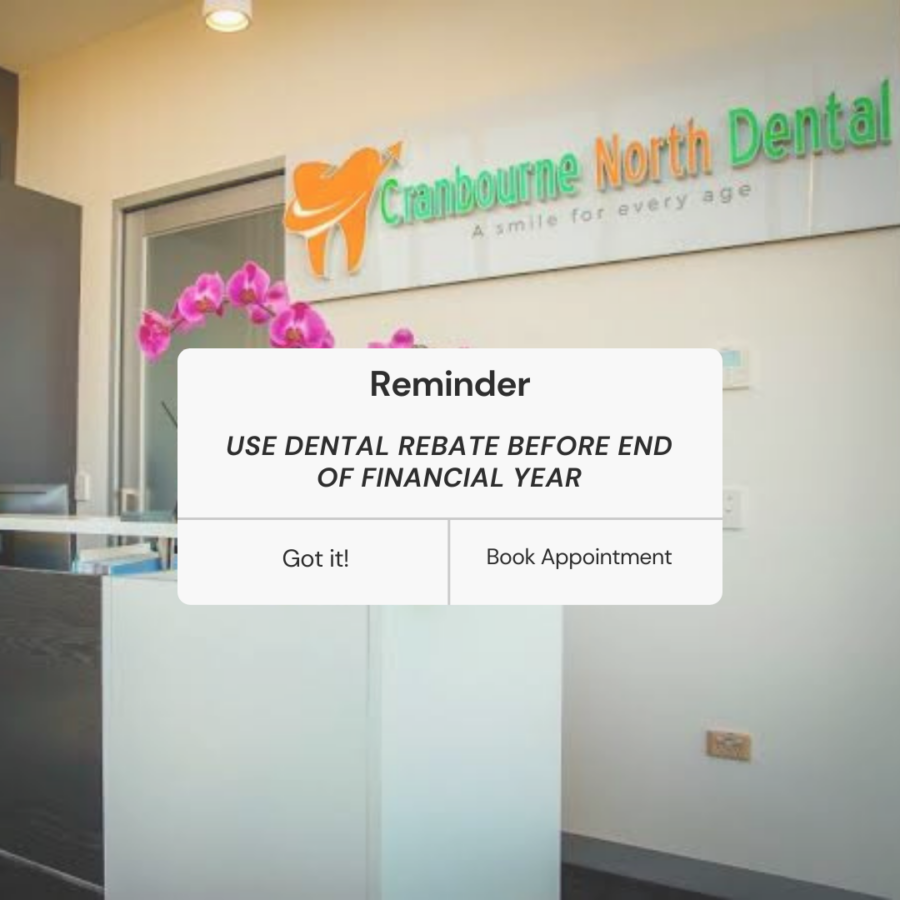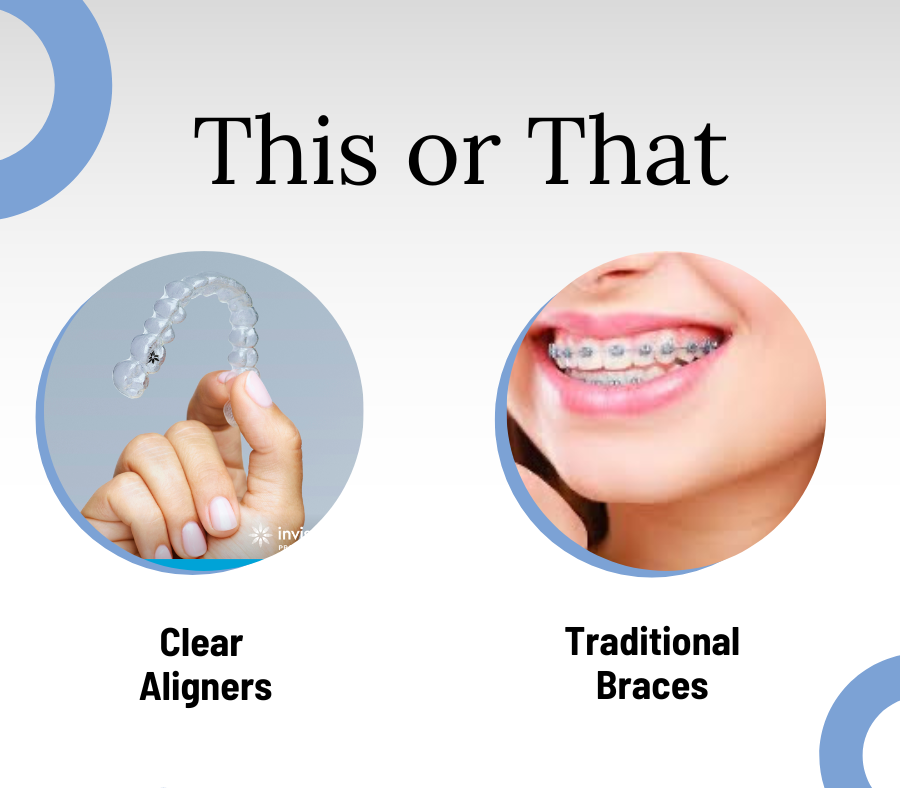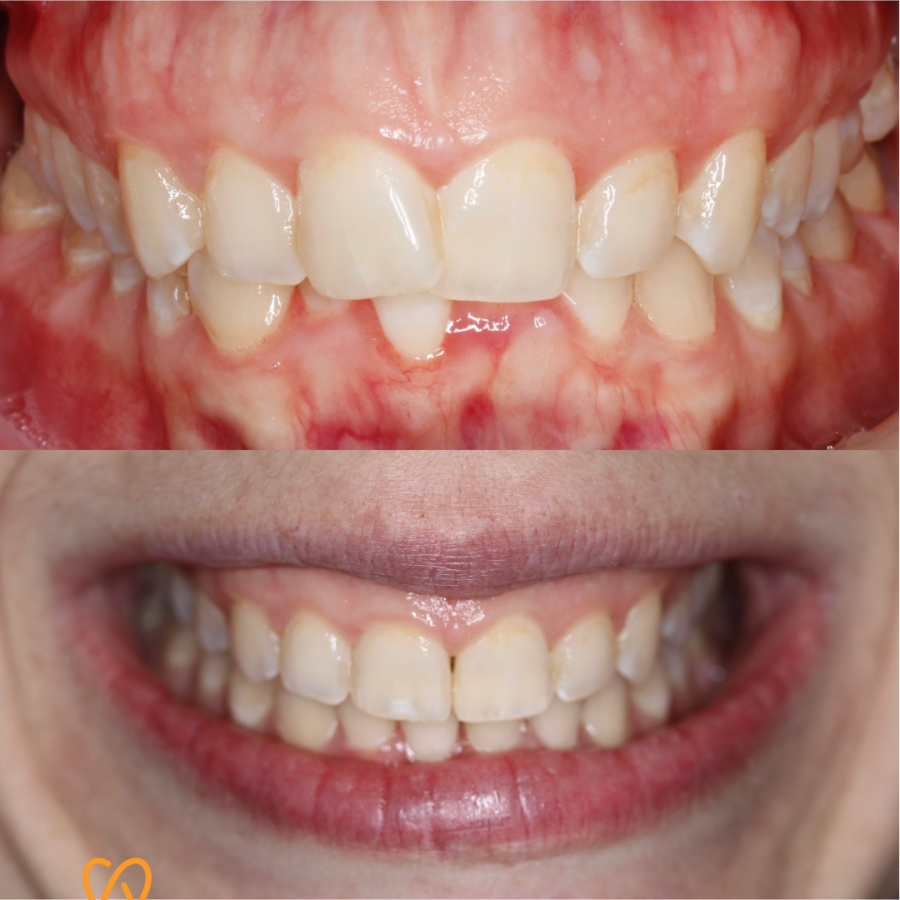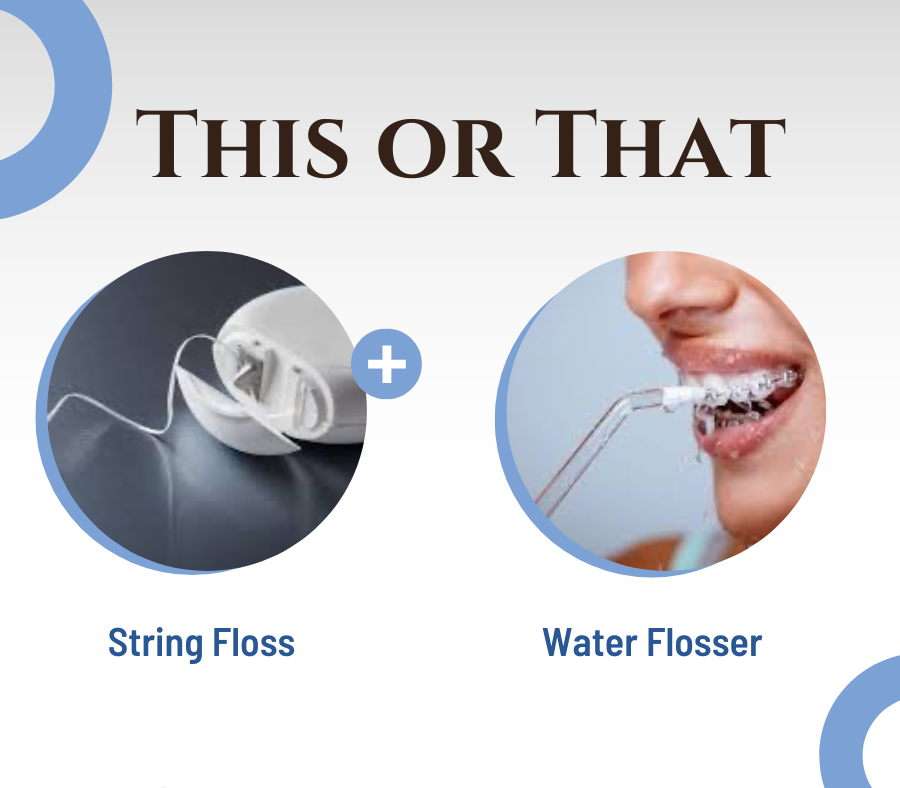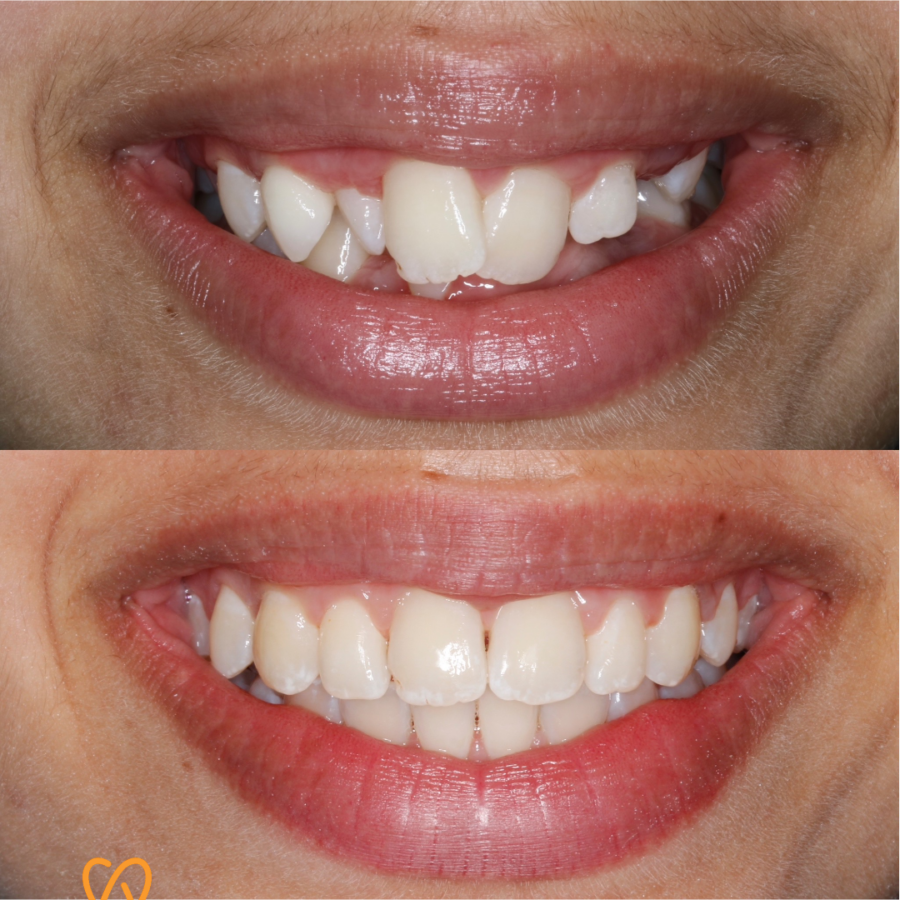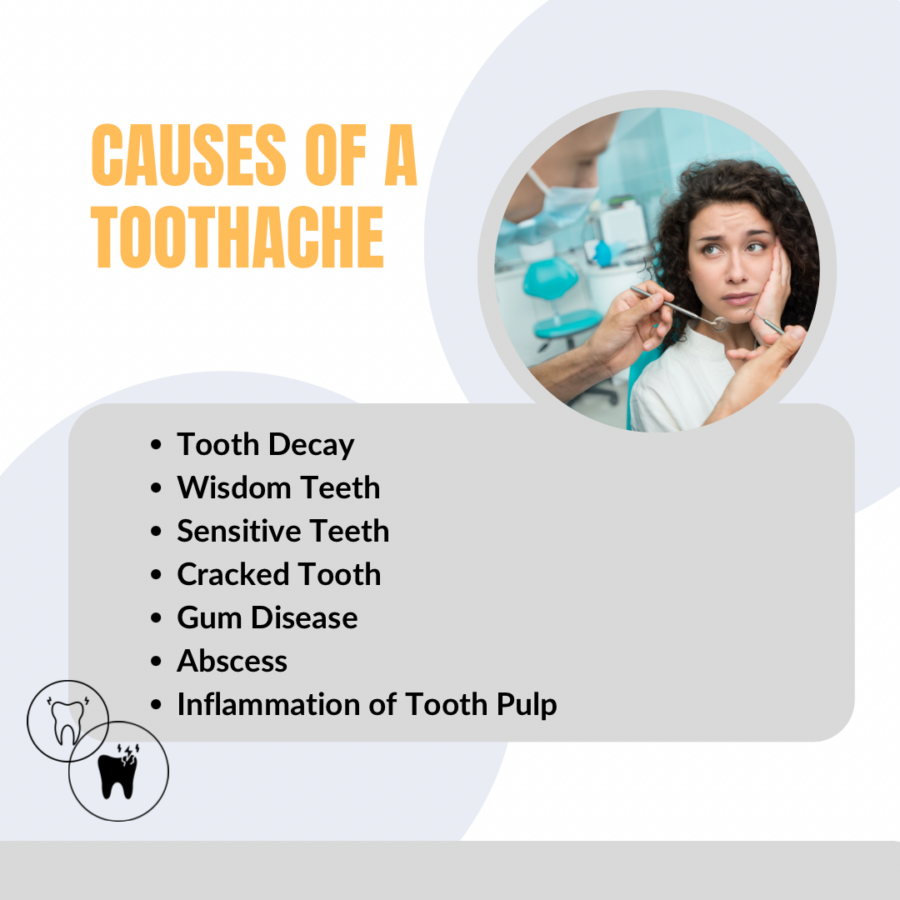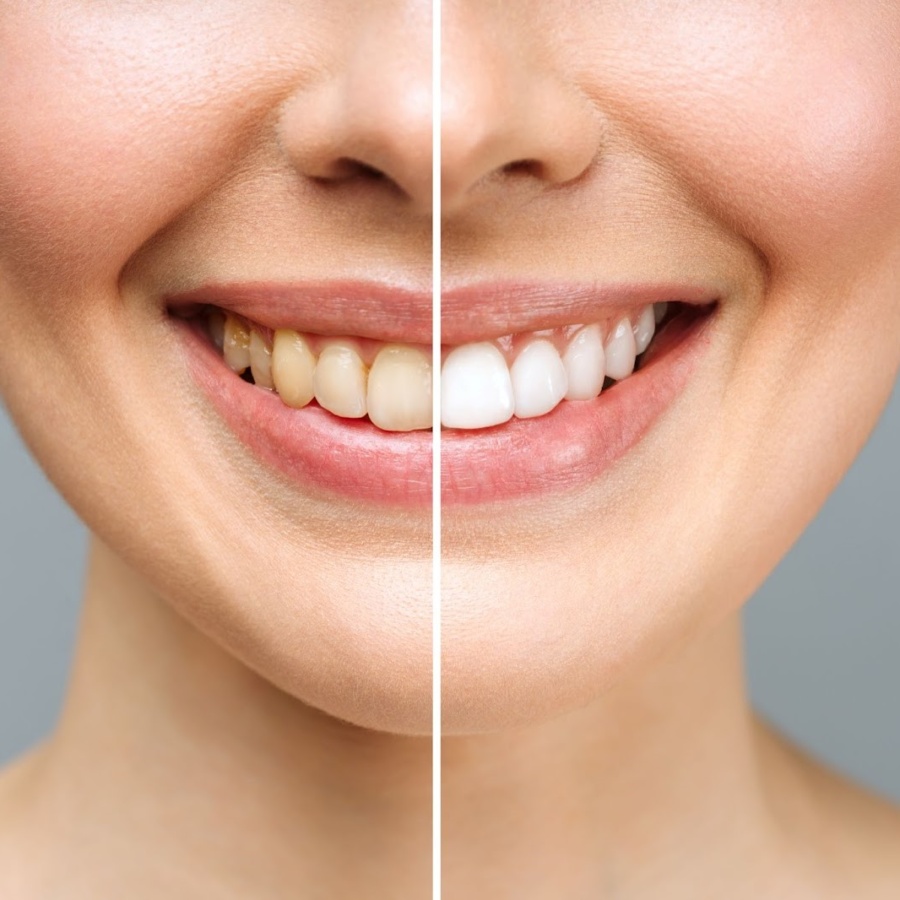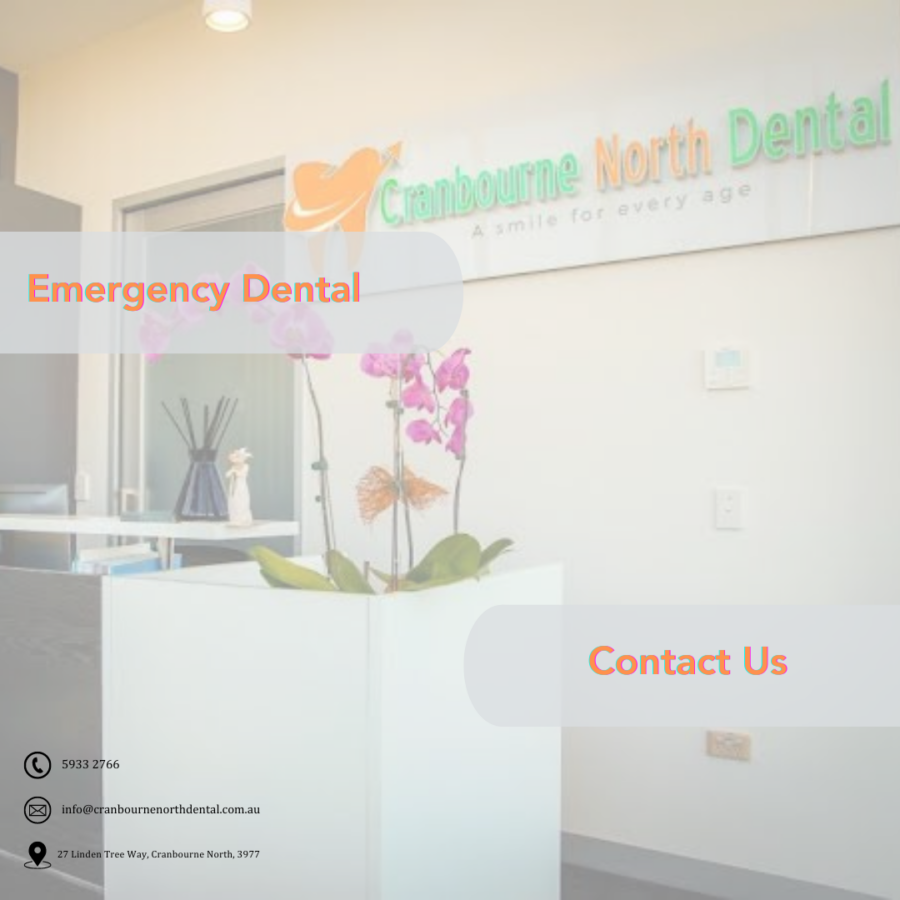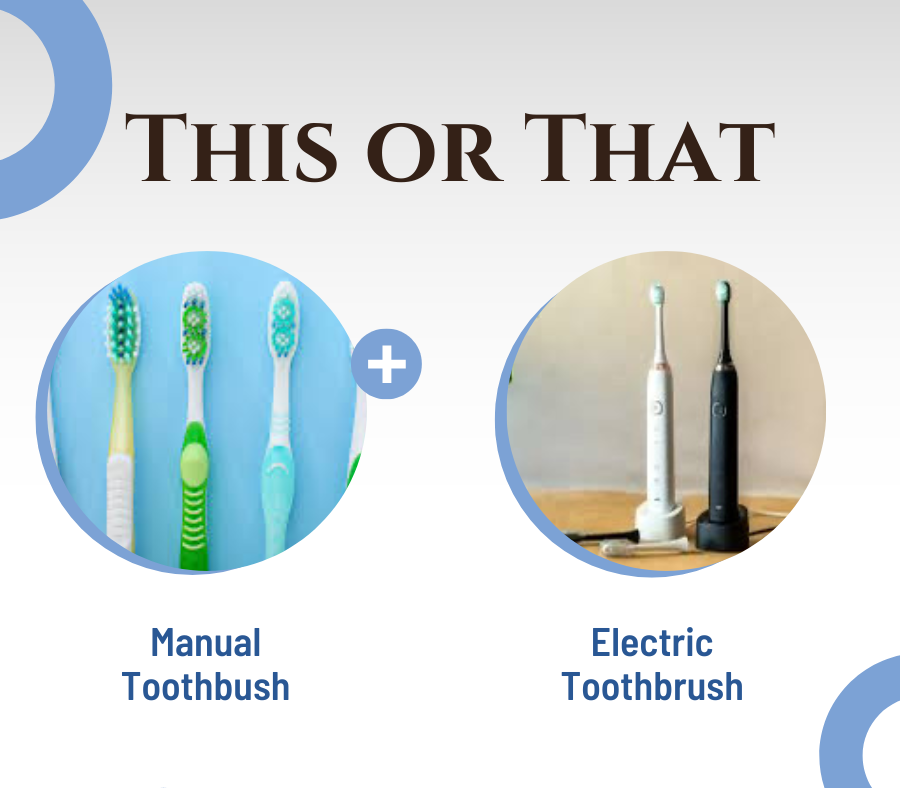Why are my wisdom teeth impacted?
Impacted wisdom teeth are third molars that don’t have enough space to emerge or develop normally in the mouth. Due to limited space, they may partially emerge, grow in at an angle, or remain entirely trapped within the jawbone.
Impacted wisdom teeth can lead to various issues, including pain, swelling, infection, and potential damage to neighboring teeth.
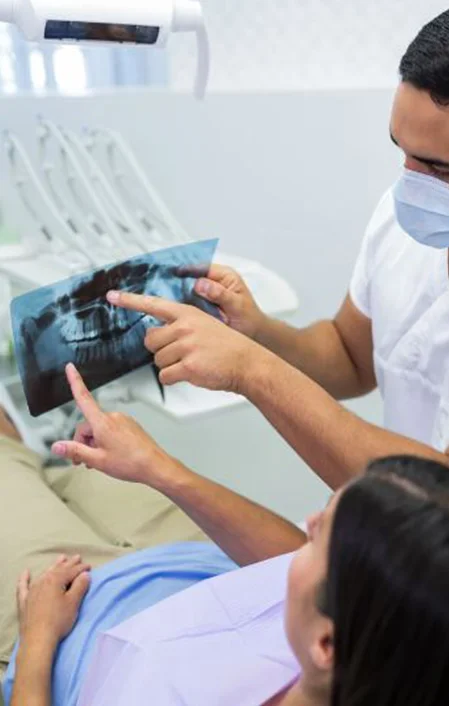
Causes
Impacted wisdom teeth are primarily caused by a lack of space for their normal eruption in the mouth. Common contributing factors include:
Limited Jaw Space
Insufficient space in the jaw for the proper growth and alignment of wisdom teeth.
Misalignment
Wisdom teeth may grow at an angle, making it challenging for them to emerge correctly.
Genetic Factors
Inherited traits can influence the size and shape of the jaw, impacting the emergence of wisdom teeth.
Soft Tissue Obstruction
Overlying gum tissue or a covering of bone may obstruct the proper eruption of wisdom teeth.
Symptoms
Symptoms of impacted wisdom teeth may include:
Pain
Discomfort or pain in the back of the mouth, often radiating to the jaw or ear.
Swelling and Tenderness
Swelling and tenderness in the gums or jaw near the affected wisdom tooth.
Difficulty Opening Mouth
Limited ability to open the mouth fully due to pain and swelling.
Infection
Development of an infection, which may lead to more severe symptoms, including fever and pus discharge.
Bad Breath or Unpleasant Taste
Halitosis (bad breath) or an unpleasant taste in the mouth due to bacterial buildup around the impacted tooth.
Red or Bleeding Gums
Redness or bleeding of the gums, particularly around the area of the impacted wisdom tooth.
Headaches
Persistent headaches, often concentrated around the temples.
Jaw Stiffness
Stiffness or discomfort in the jaw, especially during eating or speaking.


Prevention
A preventive approach involves early intervention through orthodontics to address any misalignment in existing teeth, creating an optimal space for the eruption of wisdom teeth. While this strategy can sometimes be effective, it’s important to note that wisdom teeth may still face the risk of impaction despite these efforts.
Treatment
If an impacted wisdom tooth is safely nestled in the jaw and poses no foreseeable harm, a viable option may be to leave it in place while closely monitoring its progress.
However, should it become symptomatic, removal is necessary—sometimes requiring surgical intervention if the tooth is impacted. The removal can be done under local anaesthetic, sedation or under a general anaesthetic at the hospital depending on the case.
Book your appointment today to address those troublesome impacted wisdom teeth!
Our Treatments
Frequently Asked Questions

How long does it take to recover after getting my wisdom teeth removed?
This would depend on the complexity of the extractions and also the symptoms prior to removing the teeth. Generally if the wisdom teeth are impacted and require surgical removal of all 4 teeth, it is important to allow at least 1 week off work/school and light duties. Every individual varies in terms of recovery so it can vary.
If the teeth were painful or had an infection or facial swelling prior to removal, you need to allow for more time for recovery. The best time to remove your wisdom teeth is before they cause any pain because the recovery will also be smoother. At the end of the 1 week, it is normal for it to still be sore but it should be a lot better and recovering well.
Why does my wisdom teeth pain come and go?
Wisdom teeth are funny things, they can hurt really badly for a few days and magically disappear. The reasons for that include:
- Pain from the pressure of the eruption- the wisdom tooth is a molar and is large so it can take time to erupt and the eruption pain comes in waves.
- Pain from infection of the operculum (the gums around the partially erupted wisdom tooth)- this is triggered usually when something gets stuck in the flap of the gum or the area is not cleaned well. Once the food is cleaned / the area is flushed out, the infection clears and the pain goes away.
Even if the pain subsides, it is important to seek urgent dental care as the pain usually returns and becomes worse every time.

